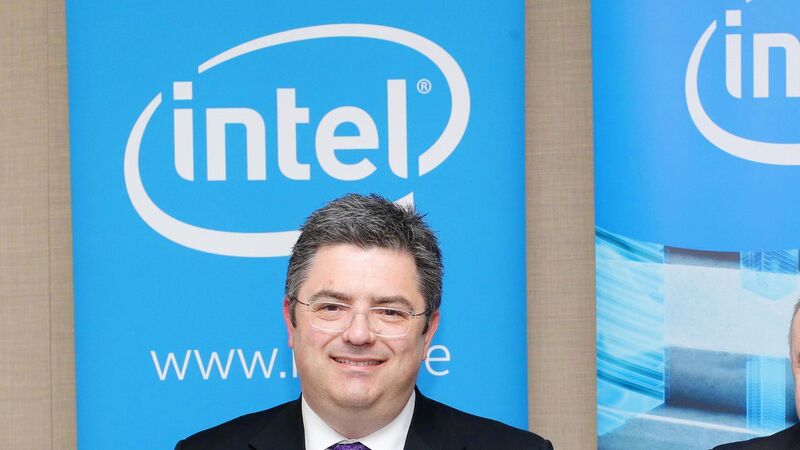Intel to create 1,600 new jobs in Ireland

Intel Ireland General Manager Eamonn Sinnott. Picture: Marc O'Sullivan
Intel Ireland is to create 1,600 new jobs in Leixlip, it emerged tonight.
The new jobs will be created once it creates a new chip manufacturing factory in Kildare.










